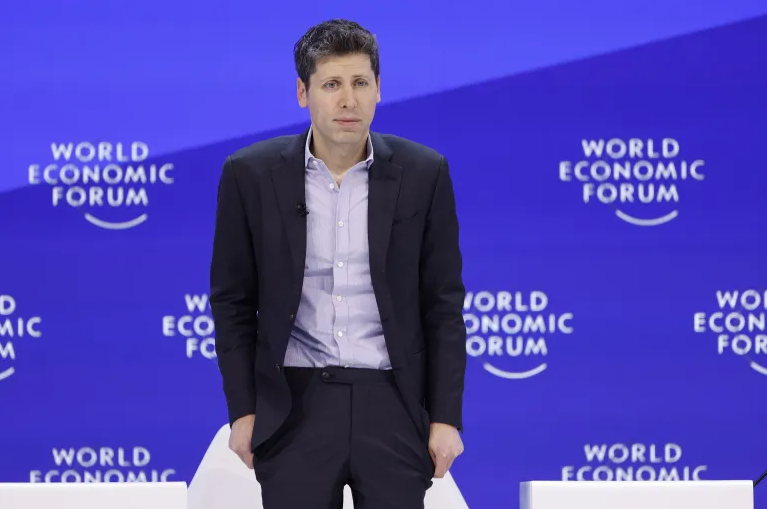
OpenAI CEO Sam Altman is seeking to gather trillions of dollars to reshape the global semiconductor industry, according to a report by Reuters citing The Wall Street Journal.
Altman is in talks with investors to raise funds for an ambitious technological initiative costing several trillion dollars.
This initiative aims to enhance the world’s capacity to build chips and expand its capability to operate artificial intelligence, among other things.
According to the newspaper, the costs of this initiative range between 5 and 7 trillion dollars.
Fundraising plans facing significant obstacles aim to solve the constraints hindering OpenAI’s growth, including the scarcity of high-priced artificial intelligence chips required for training large language models.
Altman has often complained about the lack of enough of these types of chips to support OpenAI’s pursuit of general artificial intelligence.
The amounts Altman discussed are unusually large by corporate fundraising standards, surpassing the national debt of some major global economies and larger than the assets of giant sovereign wealth funds.
Fundraising discussions exemplify Sam Altman’s ambitious plans seeking to change the world.
Altman heavily invested in startups aiming to produce cheap energy from nuclear fusion and extend human lifespan by decades.
Energy also figures into Altman’s new fundraising plans, as artificial intelligence facilities consume significant amounts of electricity.
Achieving Altman’s aspirations in the field of chips and other areas necessary to support artificial intelligence requires convincing a complex global network of financiers, industry partners, and governments.
An OpenAI spokesperson said, “OpenAI has had fruitful discussions regarding increasing global infrastructure and supply chains for chips, energy, and data centers that are essential for artificial intelligence and other reliant industries.”
Altman proposes establishing a partnership between OpenAI and various investors, chip manufacturers, and energy providers, where they collectively raise funds to build chip factories run by current chipmakers.
Discussions are still in their early stages, and the full list of potential investors is unknown. Efforts may span years and may not ultimately succeed.
Leave a Reply